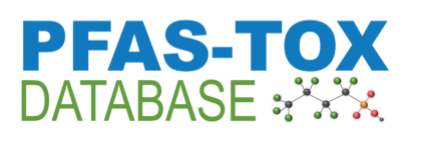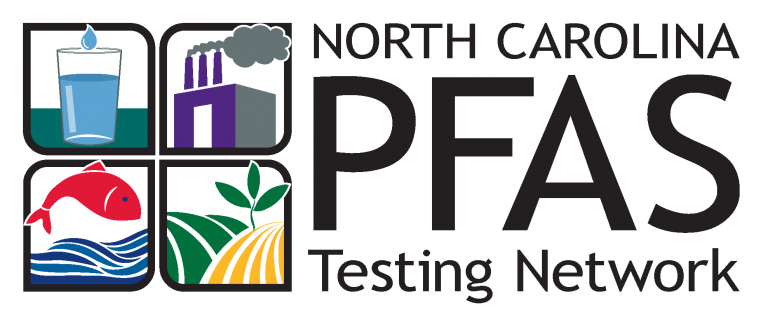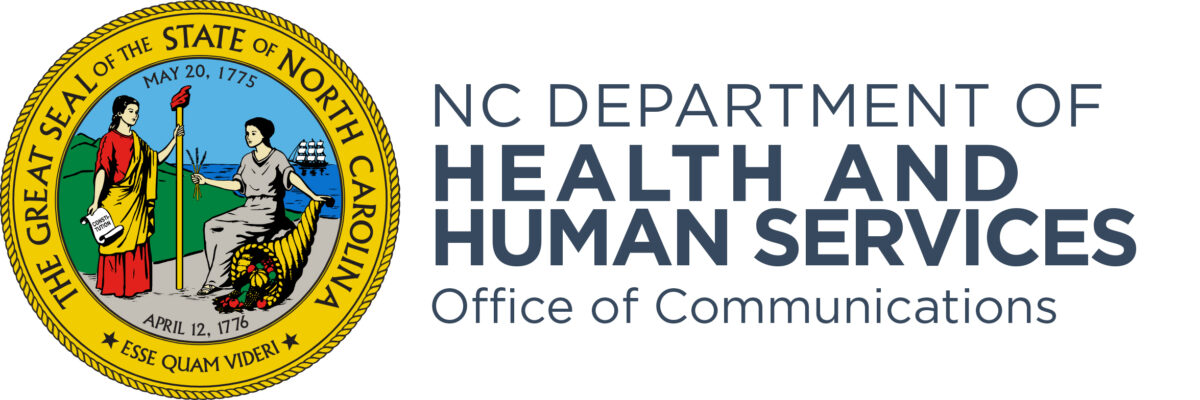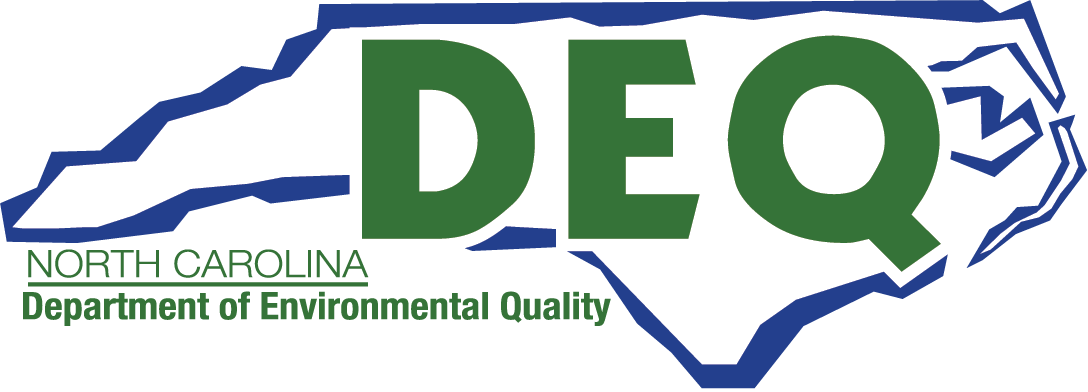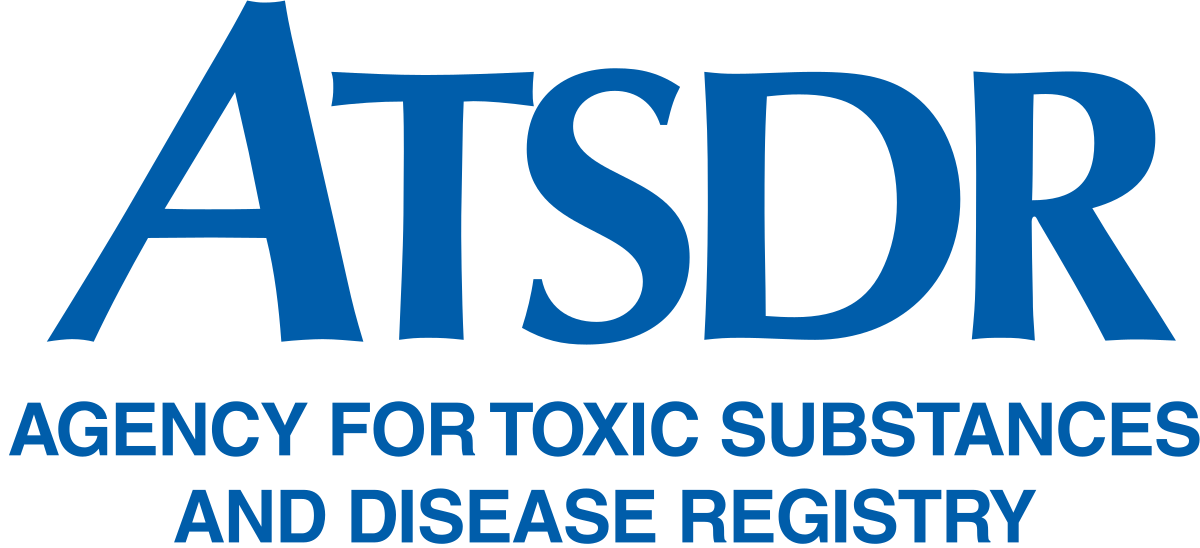PFAS Hub: Community Resource Page
Many organizations and government agencies provide useful resources and databases for people looking to learn more about PFAS. Here we’ve compiled a list of some of those resources.
- Infographics and Fact Sheets
- NASEM Guidance of PFAS Exposure, Testing, and Clinical Follow-up
- PFAS in Products
- PFAS General Resources
- PFAS Resources Specific to North Carolina
- PFAS Resources from Federal Agencies
Infographics and Fact Sheets
PFAS in Products
Sources with General Information on PFAS
The PFAS Exchange is an online resource center that provides information on PFAS contamination in drinking water, with the intention of helping communities learn more about their PFAS exposure and how to take action. One resource the PFAS Exchange provides is an overview of PFAS, which can be found here.
The PFAS Exchange is run by the Silent Spring Institute, a research organization focusing on environmental health and the reduction of exposure to harmful chemicals.
PFAS Central provides current and curated information about PFAS, including press, peer-reviewed scientific articles, meetings, job listings, and consumer information. PFAS Central is run by the Green Science Policy Institute, an organization that educates people on the presence of harmful chemicals in every-day products.
One resource PFAS Central provides that might be helpful is a list of known PFAS-free products, which you can find here.
The PFAS-Tox Database provides quick access to health and toxicology studies on less well known PFAS (PFAS other than PFOA and PFOS, which are the two most-studied and well-known PFAS).

The Environmental Working Group (EWG) is an organization focused on educating and informing people on making healthy life choices. EWG has a landing page providing news and updates on PFAS, which you can find here.
EWG has mapped known PFAS pollution in an interactive map, which can be found here.
Sources with Information about PFAS specific to North Carolina
The NC PFAS Testing Network is a research collaboration focused on testing water and air samples for PFAS throughout the state. The NC PFAS Testing Network tested surface water and well water throughout North Carolina and compiled the results, which you can find here. If you live in North Carolina, you can search your city and find the PFAS test results.
North Carolina’s Department of Human and Health Services (NC DHHS) provides information on GenX and other PFAS chemicals in North Carolina. You can find out more about PFAS in North Carolina and the NC DHHS’s response to PFAS here.
NC DHHS has put out updated guidance from the National Academies of Science, Engineering, and Medicine with limited additional info for PFAS compounds in North Carolina. More information can be found here.
North Carolina’s Department of Environmental Quality (NC DEQ) is an enforcement agency in North Carolina tasked with protecting human health and the environment. You can find out more about NC DEQ’s actions relative to PFAS here.
As part of a Consent Order signed between Chemours, NC DEQ and Cape Fear River Watch, residential wells are being tested by consultants for PFAS. More information can be found here.
Federal Agencies and their PFAS Information

The federal Environmental Protection Agency (EPA) provides information on important environmental topics affecting the United States. The federal EPA provides information on PFAS, the federal EPA’s response to PFAS, and other tools and resources here.
The Agency for Toxic Substances and Disease Registry (ATSDR) is a federal agency that works to protect communities from hazardous chemicals. Similarly to the EPA, the ATSDR provides information on PFAS, their response to PFAS, and other PFAS resources here.
The ATSDR/CDC official website on health effects of PFAS can be found here.
The ATSDR also has a website summarizing exposure assessments they’ve conducted in PFAS-impacted communities.
The National Institute of Environmental Health Sciences (NIEHS) is a federal institute under the National Institutes of Health (NIH) that conducts research to understand how the environment impacts human health. The NIEHS provides a comprehensive page on important PFAS information and their response to PFAS contamination in the United States.



